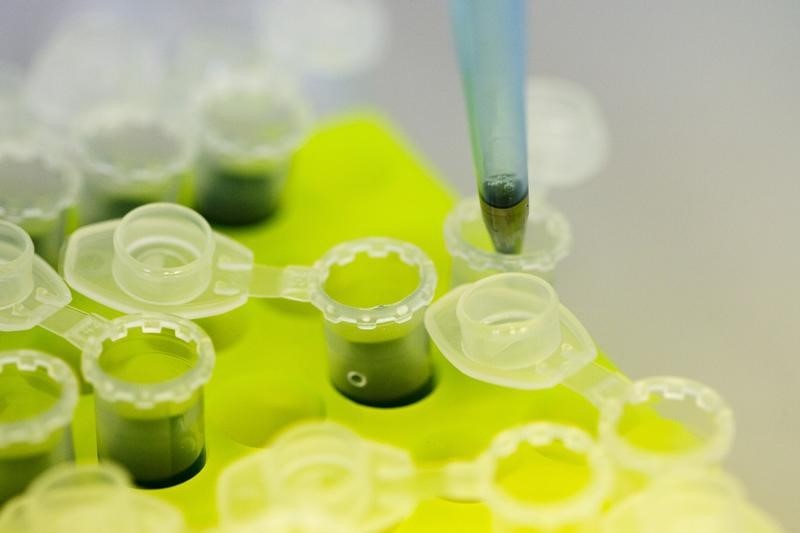Proactive Investors - Companies including Legal & General Group PLC (LON:LGEN), HSBC Holdings PLC (LON:HSBA) and Prudential PLC (LON:PRU) have been identified as backing Chinese traditional medicines (TCM) companies, which use body parts from endangered animals such as leopards and pangolin.
The Environmental Investigation Agency (EIA) cited 62 banks and financial institutions, including Goldman Sachs (NYSE:GS) and BlackRock (NYSE:BLK), which it said are investing in three pharmaceutical groups making products reported to contain leopard or pangolin parts.
Tong Ren Tang Group, Tianjin Pharmaceutical Group and Jilin Aodong Pharmaceutical Group were the three pharmaceutical companies, highlighted in the report.
Overall, the research by the EIA over the past two years reveals continued online availability of at least 88 TCM products stated to contain leopard, pangolin and, in a few cases, tiger and rhino, manufactured by 72 Chinese companies which have been licensed by the National Medical Products Administration of China.
The EIA report noted that HSBC's investments in the TCM companies were only through its management of passive or 'tracker' funds rather than actively managed funds.
Contacted by the BBC, a Legal & General Investment Management spokesperson said it "manages many funds against a range of different index providers to meet a wide variety of different client demands".
It said it is developing a "nature framework" that targets the nature-loss drivers cited under the Intergovernmental Science-Policy Platform on Biodiversity and Ecosystem Service (IPBES).
Pangolin scales have been widely used in TCM for the treatment of various diseases such as arthritis, amenorrhea, postpartum milk obstruction, chest numbness, scrofula, ulcer, urinary calculi, and tumours.
Leopard bones are said to dispel wind and dredge meridians, strengthen the tendons and bones, according to TCM websites.
